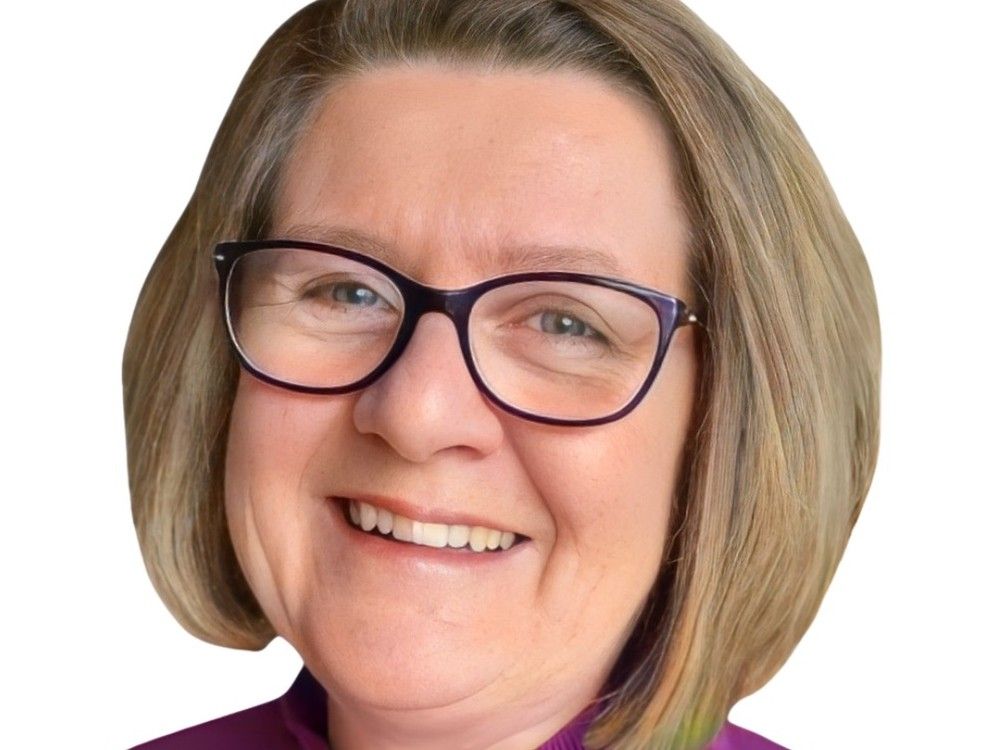
The B.C. Conservatives pressed the NDP government on Tuesday about rural health-care challenges, raising concerns about specialists not getting reimbursed when they travel to hospitals in the North and Interior.
Sharon Hartwell, MLA for Bulkley Valley-Stikine, referred to an April 30 letter from Dr. Mallory Quinn, co-chief of staff at Bulkley Valley District Hospital in Smithers. The letter to the Ministry of Health said none of the 30 specialists who travel to the Smithers hospital regularly have been paid in full for their services.
The ministry has a program that is supposed to reimburse health-care workers, especially specialists, for the expenses they pay out of pocket when they periodically travel to select rural and remote communities.
Hartwell said that at least one doctor is out $10,000 for car rentals, airfare and hotel rooms.
“Dr. Chruscicki provided care to patients at the Bulkley Valley District Hospital and hasn’t received any of his 2024 expenses reimbursed to date. We cannot lose any access to specialists in B.C.’s North. Why does this government continue to put rural and remote health care at risk?” Hartwell asked.
It remains unclear when the reimbursement delays first began.
Quinn’s letter states that concerns were raised with the Ministry of Health in late 2024.
Hartwell said one of the issues is that physicians are required to get pre-approval for car rentals, which isn’t always possible as weather conditions sometimes lead to a sudden change in plans.
“A perfect example of this occurred this winter, where the physician was scheduled to fly into Smithers, but due to weather the flight (of which there is only one per day) was cancelled,” said Quinn in the letter.
“Instead of cancelling their clinic and letting down all these patients that had waited months for their appointments, the physician flew to Terrace, rented a car, and drove to Smithers. Clearly, there was not time in all this to pre-approve the car rental.”
Health Minister Josie Osborne later told reporters her understanding is that “these matters have been resolved.”
She said “we’re doing everything we can to support physicians and locals and others who come into small communities” and that “some of that is support through travel.”
The Ministry of Health said the problem arose when three physicians submitted expenses that weren’t covered by the program and that they had been reimbursed for the costs they were eligible to have reimbursed.
A spokesperson added that “we’ve walked these physicians through each of their claims for those expenses that are not covered and have approved an exception to the policy. Those additional payments are forthcoming shortly.”
The official said the program rules might be changed to avoid the problem in the future.
Hartwell said she wants specialists paid in full and for changes to be made to the system so that this doesn’t happen again.
She said that already patients in her riding are having to wait months to get in to see a specialist and the situation would only worsen if more health-care workers decided not to travel to the north.
“We can’t all have a huge hospital with all the trimmings in each one of our communities,” said Hartwell. “We understand that, but after working all these years to get recruit doctors in good faith, now what they’re telling me is that they’re not being reimbursed with this new program.”
Paul Adams, executive director of the B.C. Rural Health Network, said he doesn’t know the details of this specific case with specialists but said travelling health-care workers fill a critical gap in the system and any interruption would create problems.
He said many rural patients already pay thousands of dollars out of pocket to travel to larger communities for specialized care, with research showing this costs an average of $2,000 in travel, accommodation and meals.
“These costs become prohibitive to some people seeking care, and therefore they don’t follow through with their recommendation to go see a specialist or to get diagnostic procedures, and that leads to chronic conditions within the system, and deteriorating health for the patient and increasing costs to the system overall,” said Adams.